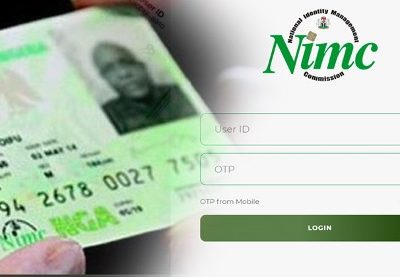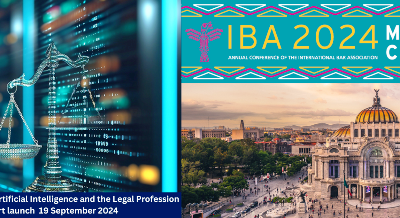The National Information Technology Development Agency (NITDA) has engaged multinationals and private organisations to develop and co-create National Digital Skills Strategy (NDSS). This is part of the agency’s continuous effort at expanding socio-economic opportunities and achieving the 95% digital literacy penetration target by 2030.
The NDSS is a policy document developed by NITDA to bridge the digital skills gap in the country, develop a road map for the diversification of Nigeria’s economy and make its digital economy sustainable in line with government’s overall agenda for growth under NITDA’s parent-ministry led by Minister of Communications and Digital Economy, Prof. Isa Ali Ibrahim Pantami.
RELATED: NITDA sets up NDSS, ‘Volunteers Expert Group’ to make Nigeria a global digital talent factory
The virtual engagement had representatives from International Business Machines Corporation (IBM), United Nations International Children’s Emergency Fund (UNICEF), Japan International Cooperation Agency (JICA), Apple, Huawei, Meta, Oracle, Google, Cisco Software Inc and many others.
According to the Director General, NITDA, Kashifu Inuwa Abdullahi, the agency in collaboration with the Co-Creation Hub undertook a research to understand existing talent and skills market which has helped to give birth to the first draft of the NDSS.
He said the NDSS will help re-position the country in alignment with global standards and to take full advantage of the digital economy benefits, while identifying digital literacy & skills as a critical strategic pillar in the agency’s Strategic Roadmap and Action Plan (SRAP) towards the implementation of the National Digital Economy Policy and Strategy (NDEPS).
“In line with the digital literacy and skills pillar of NDEPS for a Digital Nigeria, NITDA has set out a target of 1 million developers and skills by December 2023 and thus, rolled out several capacity buildings programmes that are targeted at people from different sectors of the economy’, said Abdullahi.
The NITDA boss added that many of the capacity-building programmes were conducted in collaboration with professional ICT bodies, international corporations, and non-governmental organisations to provide stronger support for reskilling and upskilling for at-risk or displaced workers.
His words: “As the apex Information Technology development and regulatory agency in the country, the collaboration of the Agency with key multinational and private stakeholders in developing the NDSS will produce a robust strategy. The creation of the first draft by volunteer expert groups, talent gap assessment, and co-creation with government stakeholders are some of the achievements made so far.
“this is a crucial milestone in our efforts to harmoniously engage with Multinationals and Private sectors as one of the key stakeholders for developing and co-creating the NDSS, and to come up with a comprehensive strategy for setting up standards and developing Digital Literacy & Skills in the country, as well as developing IT professional skills of different proficiency levels.”
According to the acting Director of the Digital Literacy and Capacity Building at NITDA, Dr. Amina Sambo-Magaji, “the Rule Making Process (RMP) of NITDA has made provision for engagement in the development of the NDSS.
She said the selection of the multinationals and tech giants for the collaboration had been carefully done regarding their operations as individual organisations.




























